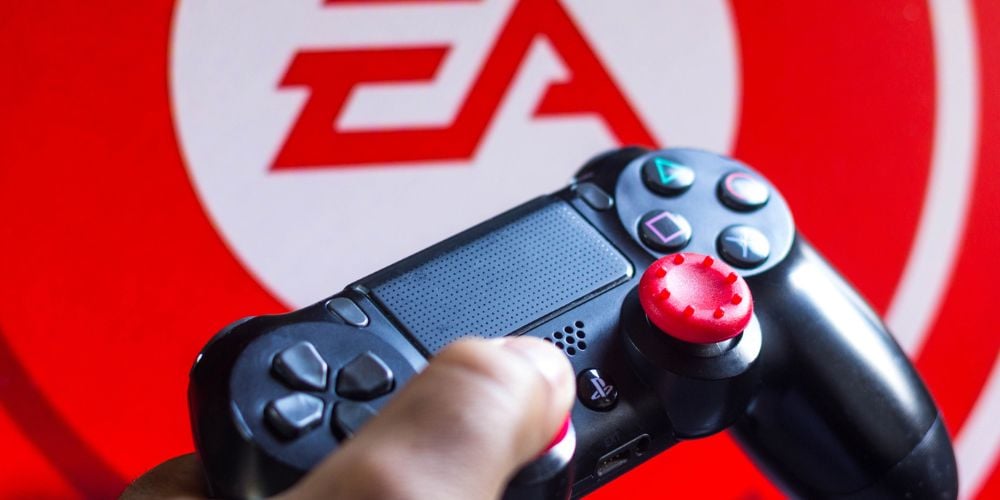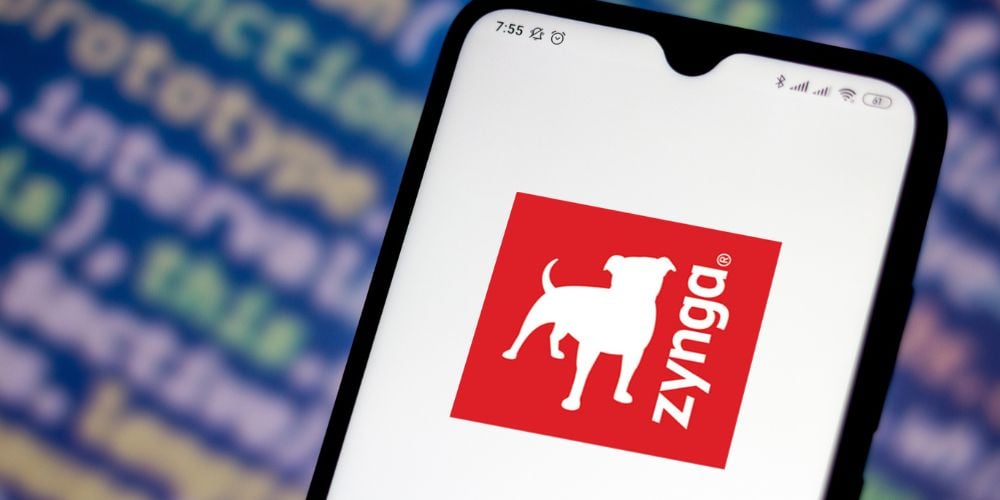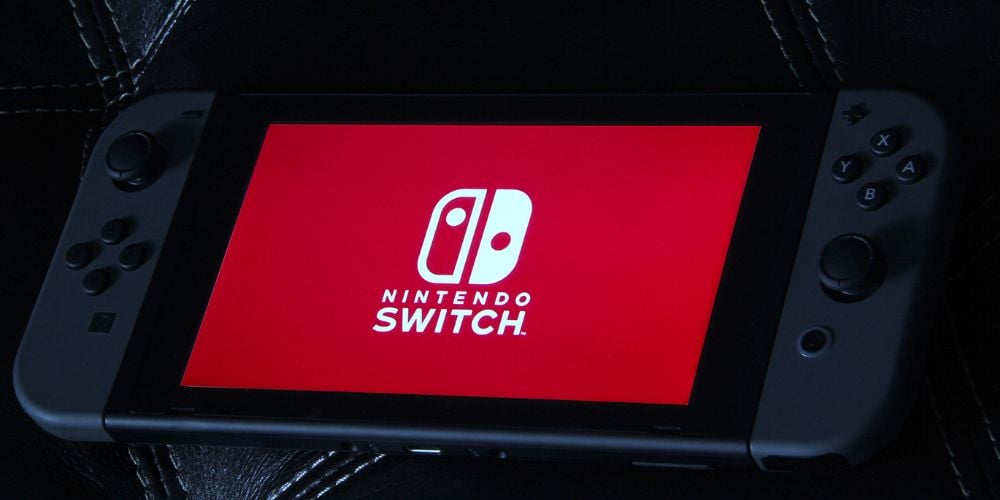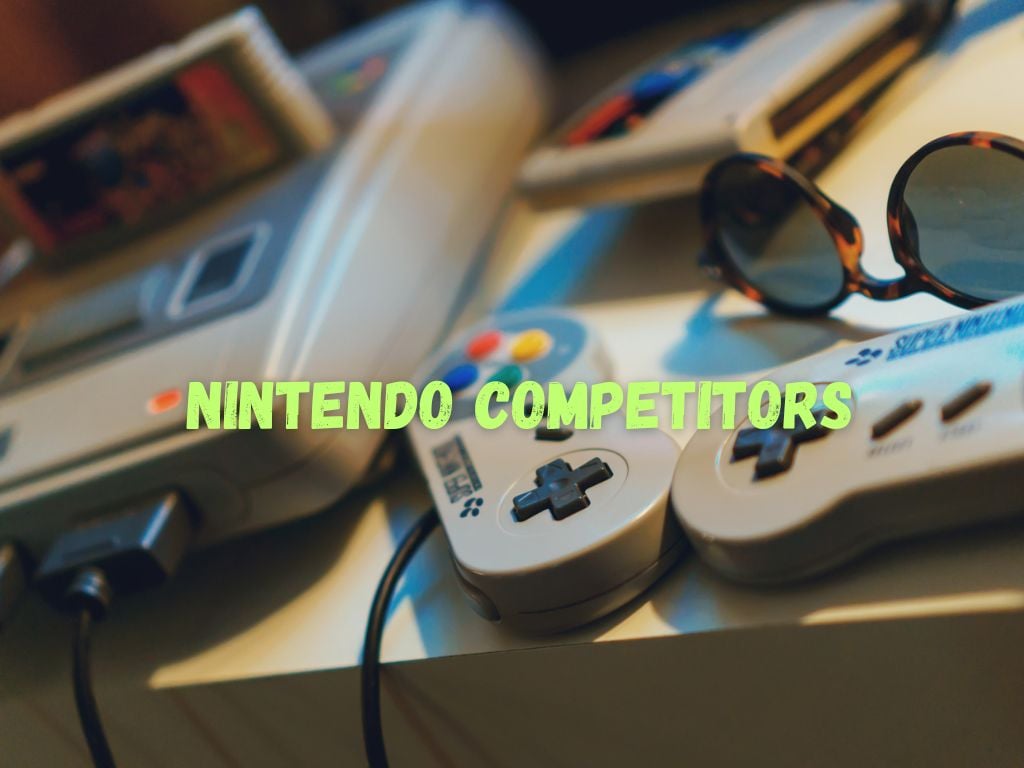In the vast gaming industry, Nintendo has established itself as a dominant force, renowned for its innovative consoles and beloved gaming franchises.
However, to understand the landscape, it is crucial to examine Nintendo’s competitors and alternatives.
This article provides an in-depth analysis of the top rivals in the gaming industry, highlighting their strengths, weaknesses, and impact on Nintendo’s market share.
10 Best Nintendo Competitors That You Must Know
Sony
PlayStation, developed by Sony, has been a formidable competitor to Nintendo since its inception. Sony revolutionized the gaming industry with its powerful consoles and wide array of exclusive titles.
This rivalry between Nintendo and Sony has shaped the industry as we know it today. While Nintendo has primarily focused on family-friendly and innovative gaming experiences, Sony has positioned Playstation as a platform for intense, immersive, and cinematic games.
Both companies have their own loyal fan bases and strong brand recognition.

Electronic Arts (EA)
Electronic Arts, commonly known as EA, is a major player in the gaming industry, standing as another significant competitor to Nintendo. EA’s focus on developing popular first-party intellectual properties (IPs) has given it a competitive edge.
FIFA, Madden NFL, Battlefield, and Apex Legends are some of the widely popular titles associated with EA. While Nintendo aims to create unique and family-friendly experiences, EA focuses on high-quality graphics, immersive storytelling, and realistic gameplay.
Their market strategies often complement each other rather than directly competing.
Ubisoft Entertainment
Ubisoft Entertainment is a renowned gaming company with a diverse portfolio of successful franchises such as Assassin’s Creed, Far Cry, and Just Dance. With a focus on open-world exploration, action-adventure, and multiplayer experiences, Ubisoft offers an alternative gaming experience to Nintendo’s offerings.
While Nintendo has strong ties to family-friendly games, Ubisoft caters to a wider range of audiences, including mature gamers. This has created a healthy rivalry between the two companies, with both striving to capture the attention of gamers worldwide.
Riot Games
Riot Games has emerged as a rising competitor in the gaming industry, with its flagship title, League of Legends, garnering a massive following. While Nintendo primarily focuses on console gaming, Riot Games has made its mark in the PC gaming space.
The success of League of Legends demonstrates the power of the competitive multiplayer gaming scene. However, it’s worth noting that Riot Games’ target audience and gaming genres differ significantly from Nintendo, making their competition more indirect than direct.
Capcom
Capcom, a veteran player in the gaming industry, has had a long-standing rivalry with Nintendo. Renowned for franchises such as Resident Evil, Monster Hunter, and Street Fighter, Capcom has consistently delivered high-quality gaming experiences across different genres.
While Nintendo continues to focus on unique gameplay mechanics, Capcom competes by catering to niche audiences through its versatile gaming portfolio. This healthy competition makes both companies push boundaries and deliver captivating gaming experiences.
Microsoft
Microsoft, with its Xbox console lineup, stands as a strong competitor to Nintendo. The Xbox brand has gained a significant following and is known for its powerful hardware, multimedia capabilities, and online gaming services.
While Nintendo focuses on creating family-oriented gaming experiences, Microsoft aims to provide a more comprehensive entertainment ecosystem, blurring the lines between gaming, home media, and streaming services.
Microsoft’s acquisition of Bethesda Softworks has significantly increased its portfolio, creating more competition within the gaming industry.

Zynga
Zynga is a prominent player in the gaming industry, specializing in casual and mobile gaming experiences. Although their focus differs significantly from Nintendo’s, Zynga’s portfolio of popular mobile games, including Words With Friends and FarmVille, attracts a wide audience.
The rise of mobile gaming has posed both opportunities and challenges for Nintendo as Zynga and other mobile game developers vie for the attention of casual gamers.
Activision Blizzard
Activision Blizzard is a juggernaut in the gaming industry, known for franchises such as Call of Duty, World of Warcraft, and Overwatch. With a diverse range of game genres and platforms, Activision Blizzard has a massive global reach.
Nintendo faces competition from Activision Blizzard’s high-end gaming experiences and its strong presence across multiple platforms.
However, Nintendo’s focus on unique gaming mechanics and family-friendly experiences distinguishes it from Activision Blizzard’s approach.
CCP Games
CCP Games, the developer behind EVE Online, stands out in the MMO genre with its player-driven narratives and large-scale online interactions. EVE Online has garnered critical acclaim for its complex and immersive gameplay, where players have the freedom to shape the game’s narrative and economy.
Unlike Nintendo’s family-oriented games focused on local multiplayer, CCP Games offers a distinct alternative for gamers seeking depth and complexity in their online gaming experiences.
With its emphasis on sandbox gameplay and a player-driven economy, EVE Online provides a unique and immersive world for players to explore and engage with.
Bandai Namco
Bandai Namco, as a global gaming company, has solidified its presence in the industry through iconic franchises such as Pac-Man, Tekken, and Dark Souls. With a diverse range of titles, Bandai Namco offers competition to Nintendo in the gaming market.
While Nintendo emphasizes creating unique and innovative gaming experiences, Bandai Namco appeals to a wide range of audiences, including fans of traditional and competitive gaming. Pac-Man, known as one of the most recognizable video game characters, has become a timeless classic, appealing to both nostalgic gamers and new generations.
The Tekken series, renowned for its deep combat mechanics and competitive gameplay, establishes Bandai Namco as a major contender in the fighting game genre.
Additionally, the Dark Souls series is praised for its challenging gameplay, atmospheric world-building, and intricate storytelling, attracting a dedicated fan base.
With a diverse portfolio covering various genres and gaming styles, Bandai Namco’s offerings complement Nintendo’s unique approach, providing gamers with alternative experiences and expanding the overall gaming landscape.

Conclusion
Understanding Nintendo’s competitors and alternatives in the gaming industry is essential for appreciating the breadth and variety of gaming experiences available to consumers.
Sony, EA, Ubisoft, Riot Games, Capcom, Microsoft, Zynga, Activision Blizzard, CCP Games, and Bandai Namco are just a few of the major players that challenge Nintendo’s dominance.
Each competitor has its own unique strengths, game genres, and target demographics, enhancing the overall growth and evolution of the gaming industry.
As competition continues to intensify, it will be fascinating to see how Nintendo adapts its strategies to maintain its position as a market leader.


 Tags:
Tags:










